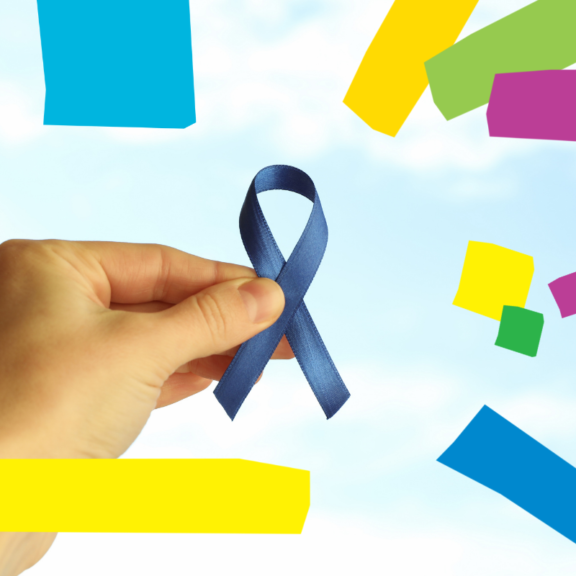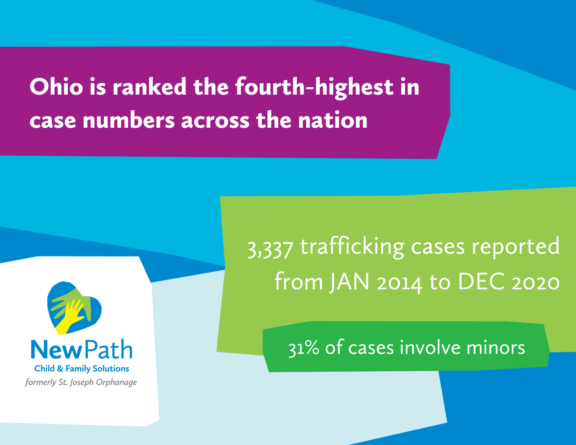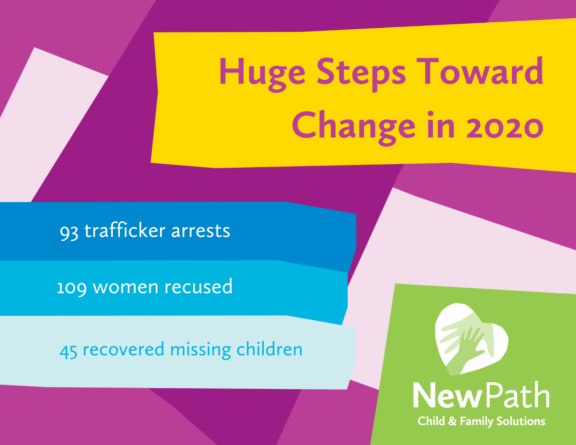
Human Trafficking – What It Is and How You Can Help
A Fight for Change
January is National Slavery and Human Trafficking Prevention Month and Ohio is home to one of the highest case numbers in the nation with 3,337 cases from January 2014 to December 2020.
“Human trafficking is a crime in which force, fraud, or coercion is used to compel a person to perform labor, services, or commercial sex. It affects all populations: adults, children, men, women, foreign nationals and U.S. citizens, and all economic classes.”
U.S. Department of defense
A Fight for Change
January is National Slavery and Human Trafficking Prevention Month and Ohio is home to one of the highest case numbers in the nation. Ohio is the fourth-highest in the nation behind California, Texas, and Florida. Statistics from the Ohio Human Trafficking Task Force report 3,337 cases from January 2014 to December 2020. Sadly, 31% of those reported cases involved minors. However, this number does not account for unreported or ongoing cases.
As awareness continues to build, so do case filings and arrests. In fact, 2020 was a record-breaking year for Southern Ohio districts. Officers also arrested 93 traffickers in a multi-day sting in April alone. In October, the U.S. Marshals rescued 45 missing children and charged 177 traffickers in one of Ohio’s largest sting operations in state history. Additionally, officers reported and rescued 109 women through the year 2020.
Know the Signs

According to the Human Trafficking Hotline, victims of Labor Trafficking may show the following signs:

According to the Human Trafficking Hotline, victims of Sex Trafficking may show the following signs:
Keeping Hope Alive
A sense of hope grows stronger each year that one day this crime will come to an end. Law enforcement officials can’t do it alone, they need your help in identifying potential victims and abusers. Call the National Human Trafficking Hotline at 1 (888) 373-7888 or text “HELP” to 233733 to report any suspicions. These services are available 24 hours a day, 7 days a week. Contact us using the form below to learn more about how this tragedy affects your community and to help our continuing effort of serving survivors and their families.
Contact
"*" indicates required fields
